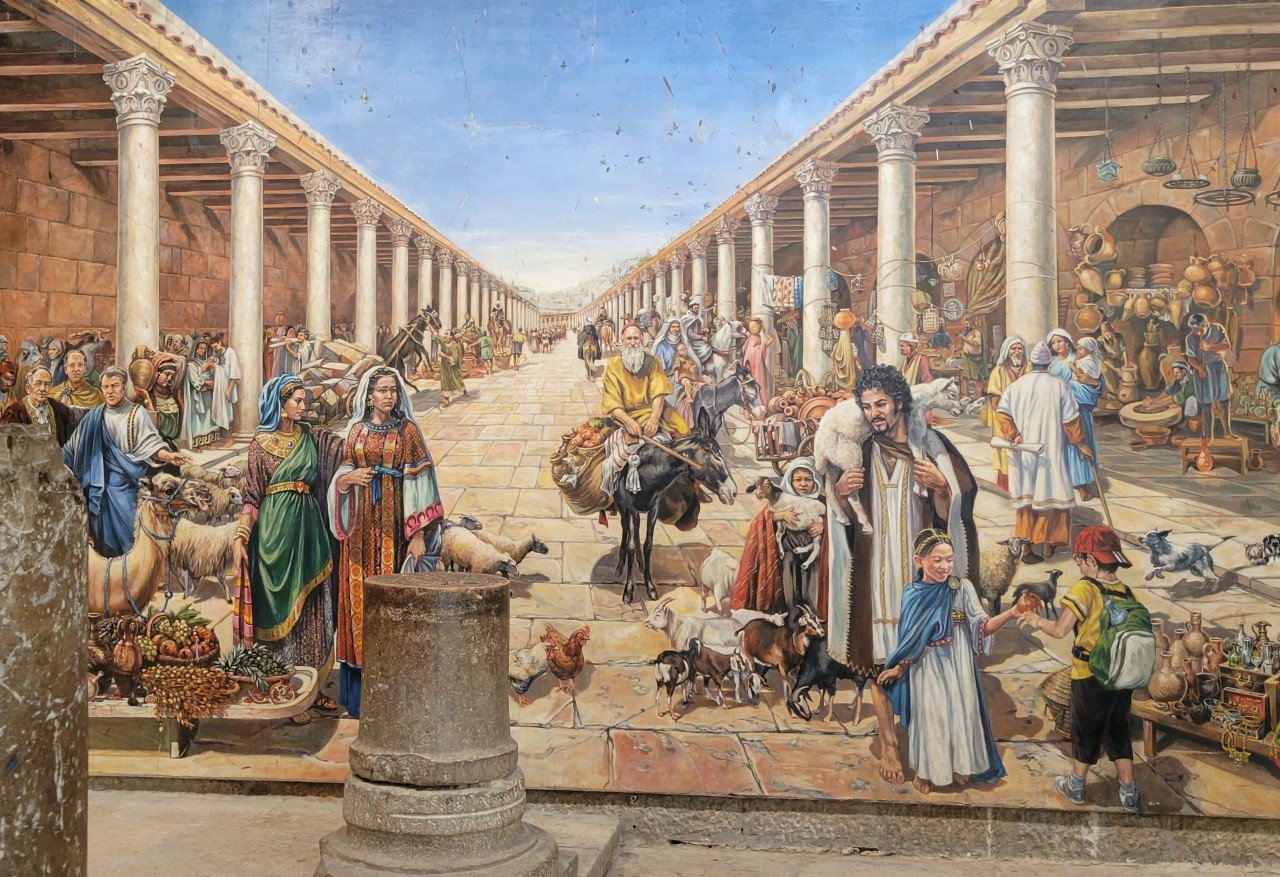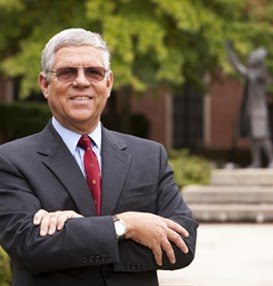O Come, O Come, Emmanuel, and Ransom Captive Israel
It can come as a shock when we first hear that Israel’s exile never truly ended in the Old Testament. I know I was shocked the first time I considered the idea. I bet Daniel was equally shocked when he first heard it from the angel, Gabriel, in Daniel 9:20–24. But it makes sense when we pause to consider that Israel’s exile (which you can read about in 2 Kings 17 and 2 Kings 24) was not merely the experience of forced relocation but also brought with it the loss of the Davidic dynasty and the destruction of the Jerusalem temple. Thus, exile is a theological condition of God’s people that began with the deportation. Sure, while some people did come home with Ezra, the prophets of Israel forecasted a day when the exile would end with a new Davidic king (Isa. 9:1–7; Mic. 5:1–4) and a glorious new temple (Isa. 2:1–5; Mic. 4:1‒13). Equally, there will be a great end-times atonement at the end of exile (Isa. 40:1‒2; 52:13‒53:12) and a resurrection (Isa. 25:6‒8; Isa. 26:19; Ezek. 37:1‒14). Thus, the OT prophetic vision for the end of the exile is (at least) a regathering of Israel’s scattered people, the re-enthronement of the house of David, a new glorious, world-wide temple, an end-all atonement, and a bodily resurrection. All of this amounts to “a great light [for] those who dwelt in a land of deep darkness” (Isa. 9:2).
With that background the opening chapters of Matthew simply leap off the page! Jesus is the son of David (Matt. 1:1) “after the deportation” (Matt. 1:12). He is the king of the Jews (Matt. 2:2). His ministry is called “a great light” for “the people dwelling in darkness” (Matt. 4:16). He gathers up his people (Matt. 4:18‒22, 25; cf. also Matt. 14:19‒20), and his death is a new covenant atoning sacrifice (Matt. 26:26‒28). John even calls him “the temple” (John 2:21), and Paul says that Jesus’s followers—through union with him—are the new temple spreading throughout the world (Eph. 2:17‒22). All this stacks up to present Jesus’s life, death and resurrection, and ongoing life of the church as the true end of exile! Let’s take a deeper look into each of those movements: Jesus’s life; Jesus’s death and resurrection; Jesus’s people.
Jesus’s Life as the Dawn of Return of the Exile
In the book of Isaiah, the prophet describes at length what the end of the exile will be like. He says that at the end of the exile, “the eyes of the blind shall be opened, and the ears of the deaf unstopped; then the lame man will leap” (Isa. 35:5‒6), the “dead shall live; their bodies shall rise” (Isa. 26:19), the sick will be healed (Isa. 57:18), and “good news” will be preached “to the poor” (Isa. 61:1). When John the Baptist wonders if Jesus is the one to come, Jesus points to his miracles and teachings as signs that indeed he is. And he points out the specific miracles and teachings that Isaiah said would mark the end of the exile. He says, “Go and tell John what you hear and see: the blind receive their sight and the lame walk, lepers are cleansed and the deaf hear, and the dead are raised up, and the poor have good news preached to them” (Matt 11:4‒5). Indeed, Jesus is the one to come. And specifically, he is the one to come at the end of the exile. Thus, with Jesus’s ministry the dawn of return-from-exile light is breaking over the horizon!
Cursed and exiled from God because of our own sin, we are brought back into his presence through Christ’s righteousness!
Jesus’s Death & Resurrection as the Moment of Return from Exile
Yet, the quintessential moment of release from exile comes at Jesus’s death and resurrection. Moses himself had predicted the exile and called it a “curse” (see Deut 27:9‒26; 28:15‒68). Paul, in Galatians 3:10, says that disobedience to the law results in a “curse” (citing Deut. 27:26), but then exults that “Christ redeemed us from the curse of the law by becoming a curse for us” (Gal. 3:13). Thus, Jesus’s death is his own personal exile that he endured on behalf of his people. Further, Hebrews 8:1‒2 tells us that in Jesus’s resurrection, he has gone into the true sanctuary of God. Thus, through the resurrection (and ascension) Jesus now ministers in the true sanctuary of God on behalf of his people. Through Jesus, therefore, Christians can say that their exile is over! We “have been crucified with Christ” (Gal. 2:20) and “raised up with him and seated . . . in the heavenly places” (Eph. 2:6). Cursed and exiled from God because of our own sin, we are brought back into his presence through Christ’s righteousness!
Jesus’s People as the Ongoing Return from Exile Community
Finally, it is highly significant that Jesus’s ministry is not only in the past, but through his Spirit, he is continually reaching the world. In Romans 6:4 we are told that “just as Christ was raised from the dead by the glory of the Father, we too . . . walk in the newness of life.” This means that to be born again is to experience the same power that raised Jesus from the dead! Peter puts it like this: “he has caused us to be born again to a living hope through the resurrection of Jesus Christ from the dead” (1 Pet. 1:3). Thus, Jesus’s return-from-exile resurrection is still felt all over the world every time a sinner repents, follows Jesus, and walks in the newness of life.
We can say, therefore, that through Jesus, Christians have come out of exile (Jesus’s finished work in the cross and resurrection) and are coming out of exile (experiencing Jesus’s resurrection power in our lives in union with him). But we can also go a step further. Christians also will come out of exile finally and fully when Jesus returns. Then, “the dwelling place of God [will be] with man. He will dwell with them, and they will be his people, and God himself will be with them as their God” (Rev. 21:3). Amen! Come Lord Jesus!
Nicholas G. Piotrowski is the author of Return from Exile and the Renewal of God’s People.

Nicholas G. Piotrowski (PhD, Wheaton College) is the president of Indianapolis Theological Seminary where he also teaches hermeneutics and New Testament courses. His other books include In All the Scriptures and Matthew’s New David at the End of Exile.
Related Articles
Crossway is a not-for-profit Christian ministry that exists solely for the purpose of proclaiming the gospel through publishing gospel-centered, Bible-centered content. Learn more or donate today at crossway.org/about.











 English (US) ·
English (US) ·